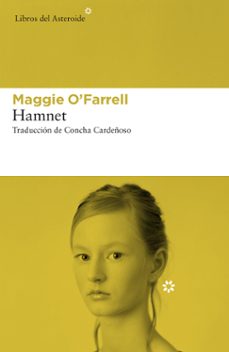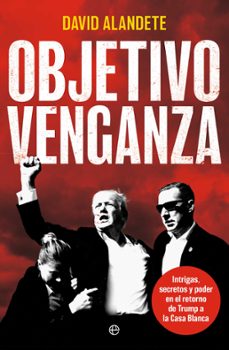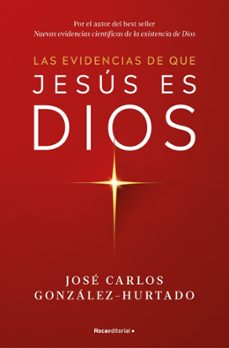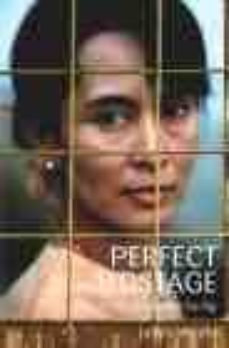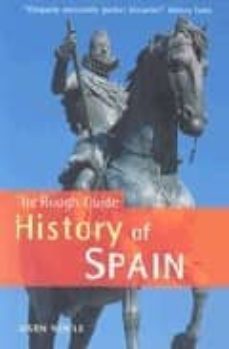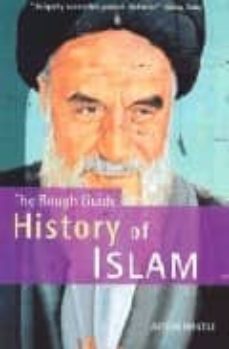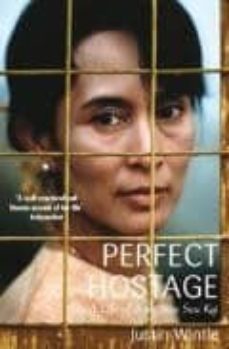Imprescindibles
Ficción
No Ficción
Ciencias y tecnología Biología Ciencias Ciencias naturales Divulgación científica Informática Ingeniería Matemáticas Medicina Salud y dietas Filología Biblioteconomía Estudios filológicos Estudios lingüísticos Estudios literarios Historia y crítica de la Literatura
Humanidades Autoayuda y espiritualidad Ciencias humanas Derecho Economía y Empresa Psicología y Pedagogía Filosofía Sociología Historia Arqueología Biografías Historia de España Historia Universal Historia por países
Infantil
Juvenil
#Jóvenes lectores Narrativa juvenil Clásicos adaptados Libros Wattpad Libros Booktok Libros de influencers Libros de Youtubers Libros Spicy Juveniles Libros LGTBIQ+ Temas sociales Libros ciencia ficción Libros de acción y aventura Cómic y manga juvenil Cómic juvenil Manga Shonen Manga Shojo Autores destacados Jennifer L. Armentrout Eloy Moreno Nerea Llanes Hannah Nicole Maehrer
Libros de fantasía Cozy Fantasy Dark academia Hadas y Fae Romantasy Royal Fantasy Urban Fantasy Vampiros y hombres lobo Otros Misterio y terror Cozy mistery Policiaca Spooky Terror Thriller y suspense Otros
Libros románticos y de amor Dark Romance Clean Romance Cowboy Romance Mafia y amor Romance dramatico Romcom libros Sport Romance Otros Clichés Enemies to Lovers Friends to Lovers Hermanastros Slow Burn Fake Dating Triángulo amoroso
Cómic y manga
Novela gráfica Novela gráfica americana Novela gráfica europea Novela gráfica de otros países Personajes, series y sagas Series y sagas Star Wars Superhéroes Cómics DC Cómics Marvel Cómics otros superhéroes Cómics Valiant
Cómics Libros de ilustración Cómic de humor Comic erótico Historia y técnica del cómic Cómic infantil y juvenil Cómic infantil Cómic juvenil
Top más leídos
eBooks
Literatura Contemporánea Narrativa fantástica Novela de ciencia ficción Novela de terror Novela histórica Novela negra Novela romántica y erótica Juvenil Más de 13 años Más de 15 años Infantil eBooks infantiles
Humanidades Autoayuda y espiritualidad Ciencias humanas Economía y Empresa Psicología y Pedagogía Filosofía Historia Historia de España Historia Universal Arte Cine Música Historia del arte
Ciencia y tecnología Ciencias naturales Divulgación científica Medicina Salud y dietas Filología Estudios lingüísticos Estudios literarios Historia y crítica de la Literatura Estilo de vida Cocina Guías de viaje Ocio y deportes
JUSTIN WINTLE
Recibe novedades de JUSTIN WINTLE directamente en tu email
Filtros
Del 1 al 5 de 5
ARROW (RANDOM) 9780091796815
Like Mahatma Gandhi, Martin Luther King and Nelson Mandela, Aung San Suu Kyi has become an iconic figure. Awarded the Nobel Peace Prize in 1991, she has steadfastly opposed Burma's brutal military regime, instituted by General Ne Win in 1962, since 1988. But her leadership of the Burmese democracy movement, and her ardent advocacy of human rights, have landed her in desperate trouble. In 1989 she was placed under house arrest for the first time. Today she is again under house arrest, seemingly for good. In the years between she has faced constant physical and psychological harassment. In 2003, during an attempt on her life at Depayin, she witnessed the massacre of scores of her followers. Aung San Suu Kyi has also endured involuntary separation from her family - her English husband Dr Michael Aris, and their two sons. Aris's death in 1999 was yet another cruel twist of the knife. But having given her commitment to her people, nothing can deflect Suu Kyi from the course she has adopted. Crucially, her martyred father - General Aung San - led Burma to independence from the British. But if Aung San's legacy has profoundly affected his daughter's choices, so too has the disciplined upbringing given her by her widowed mother, Daw Khin Kyi. Justin Wintle gives us the fullest biography of Aung San Suu Kyi to date, asking searching questions along the way. Is Aung San's status as hero really vouchsafed? And is Aung San Suu Kyi's insistence on non-violence really best calculated to bring down a junta incapable of acting in good faith? There are no easy answers. But by also telling her father's story, and, vitally, the story of the Burmese people at large, Wintle lays bare the ambiguities which nourish a tragedy that is national as well as personal.
Ver más
Otros
ROUGH GUIDES 9781858289366
This guide provides an overview of one of the great nations of Europe. It maps Spain's turbulent development from its early incarnation as one of Rome's most important colonies, through the Islamic conquest and the creation of the New World empire, to the aftermath of the 20th-century Civil War. A continuous time-line helps the reader access particular periods and there are many sidebars on such figures and topics as the Spanish Inquisition, Cervantes, Goya and General Franco.
Ver más
Tapa blanda
ROUGH GUIDES 9781843530183
This volume tells the whole story of Islam - its origins, doctrines and world-wide political dimension. From Muhammad's proclamation of a monotheism to rival Judaism and Christianity, it traces the emergence of a succession of empires in the wake of the Arab conquests, continuing through to the turbulence of the present-day Middle East.
Ver más
Tapa blanda
ARROW (RANDOM) 9780099491156
Like Mahatma Gandhi, Martin Luther King and Nelson Mandela, Aung San Suu Kyi is an iconic figure, and the best-known prisoner of conscience alive today. Awarded the Nobel Peace Prize in 1991, at great personal cost she has steadfastly opposed Burma's brutal military regime since 1988, when she emerged as the leader of the Burmese democracy movement. As well as house arrest she has endured every kind of intimidation, including an attempt on her life in 2003. Yet if her exemplary fortitude has earned Aung San Suu Kyi world-wide admiration, inside Burma itself little has changed as Justin Wintle's comprehensive biography makes hideously plain.
Ver más
Tapa blanda
Del 1 al 5 de 5




